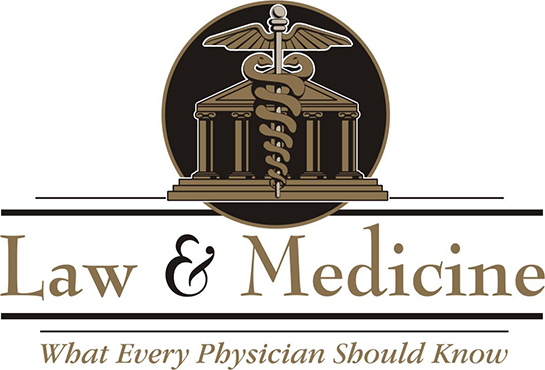Delay in Diagnosis
Delay in diagnosis is one of the three most common allegations in medical malpractice lawsuits. Delays in diagnosis are created by a number of factors, many of which are not within the control of the physician. This module develops the concept of delay in diagnosis starting with the basics of diagnostic expectation and the limits of medical science, and then incorporates the effect of external factors, including patient non-compliance and managed care restrictions.
Course Sample
Below is a sample Case Study from this module.
Scientific Limitations and Delays in Diagnosis
Fact Pattern
Mr. X is a 42 year old man who presents to the emergency room with chest pain. Dr. A evaluates his condition in accordance with the latest algorithm from the American College of Cardiology. Based on Mr. X’s history, EKG and blood enzymes, the algorithm states that his risk of myocardial ischemia is one in 10,000, and recommends that he be discharged with instructions to see his physician within the next week. Dr. A discusses the situation with Mr. X and discharges him from the emergency room. Two days later, Mr. X suffers a myocardial infarction and dies.
Issue
If the diagnosis could have been made in a more timely manner, does the failure to make the diagnosis constitute a delay?
Rule
The legal issue with respect to delay in diagnosis is not whether the diagnosis could have been made sooner, but whether it should have been made sooner.
Analysis
In this case, if Mr. X had been admitted to the hospital, observed, and undergone cardiac catheterization, it is likely that the diagnosis of coronary ischemia could have been made and his life saved. However, that is irrelevant. The legal issue is not whether a sooner diagnosis of cardiac ischemia was theoretically possible; it is whether a physician who was proceeding in a scholarly, attentive manner would have made the diagnosis in the emergency room and/or admitted the patient. And, if that person would have, then Dr. A should have. If that is the case, then Dr. A’s care of Mr. X would constitute a legally actionable “delay in diagnosis.”
From what we are told, Dr. A treated Mr. X in accordance with the latest recommendation from the American College of Cardiology – the experts in the field. In doing so, he delivered a scholarly, attentive approach to the situation, and thus delivered the standard of care. Unfortunately, the imperfect nature of the science of medicine led him to the wrong diagnosis. This delayed making the proper diagnosis, and Mr. X died. Although the diagnosis could have been made sooner, there is no reasonable basis for saying that it should have been made sooner.
Conclusion
The delay in diagnosis here is due to shortcomings in the science of medicine, and it is therefore not legally actionable.
Physician Comments
Below are what other physicians have said about this module.
- Helpful – K. Stephens
- informative – J. Iddings
- Good information, well-presented. – B. Garner
- Excellent – clarifies these issues well – C. White
- It was nice to know that causation is still required – R. Wheeler
- well done cases – A. Katiny
